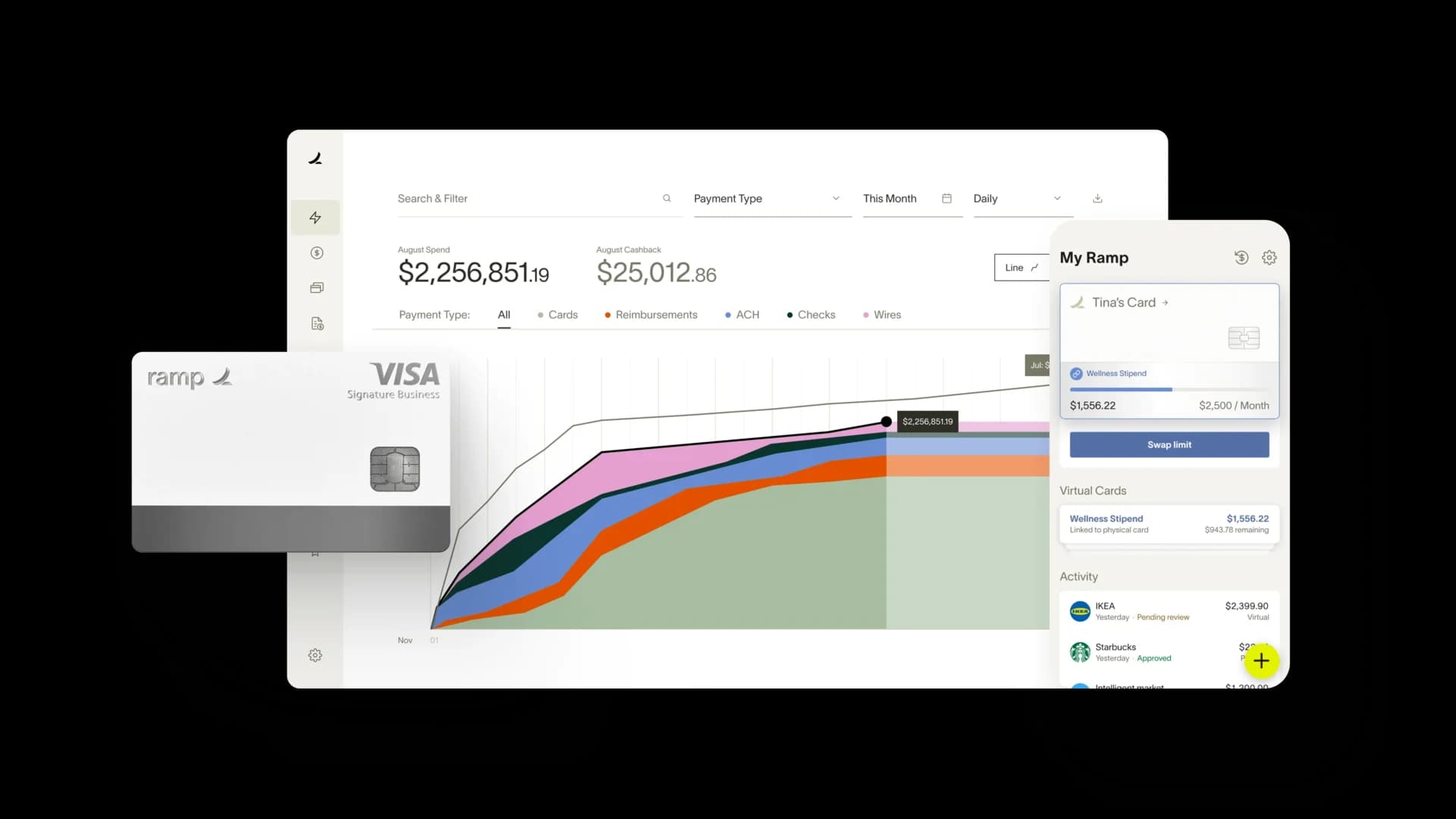Arizona mileage reimbursement rates


Managing a business means keeping your employees happy, and mileage reimbursement helps by ensuring they aren't footing the bill when they use their vehicles for work-related travel.
In Arizona, clear guidelines exist, especially for state employees, with Statute 38-623 mandating reimbursement at rates set by the Arizona Department of Administration. You aren't legally bound to provide mileage reimbursement as a private employer.
Nevertheless, it is still a good practice. Here’s everything you can achieve when you do offer mileage reimbursement.
- Show you value your team, motivating them to work harder.
- Avoid disputes involving Workers' Compensation, as outlined in Statute 23-1062, which requires reimbursement for travel over 25 miles for medical care.
Arizona business mileage reimbursement rates
For 2026, Arizona’s mileage reimbursement rate is 67 cents per mile, as determined by the Arizona Department of Administration. This rate applies specifically to state employees.
While not required for private employers, offering reimbursement shows you care. It also prevents legal issues, especially with workers' compensation cases, as noted in Statute 23-1062.
Here's a tabulated snapshot of mileage reimbursement rates in Arizona, published under Section 5095 of the State of Arizona Accounting Manual (SAAM).
| Tax Year | Business mileage rate per mile |
|---|---|
| 2025 | 67 cents |
| 2024 | 65.5 cents |
| 2023 | 62.5 cents |
| 2022 | 44.5 cents |
Please note: Between 2015 to 2022, the mileage reimbursement rate for state employees in Arizona has been 44.5 cents.
Arizona mileage reimbursement laws
Mileage reimbursement laws in Arizona can seem complex, but understanding a few essential rules and policies is key. Reimbursement for state employees is laid out under Statute 38-623. As for you, a private employer, following the rates at which the state offers reimbursement is not a legal mandate unless it’s for an injured worker.
Explore the details of all these crucial laws, starting with Statute 38-623 for state employees.
Statute 38-623 for state employees’ mileage reimbursement rules
For state employees, mileage reimbursement is a structured process dictated by the Arizona Department of Administration (ADOA). In 2025, the rate is set at 67 cents per mile, published annually in Section 5095 of the State of Arizona Accounting Manual (SAAM).
Statute 38-623 outlines the conditions under which state employees can claim reimbursement, detailing when and how private conveyance can be used. As per this law, reimbursement is mandatory when travel is for state business.
The rate must align with the most direct route by either of the following two:
- Highway map
- Odometer reading
Please note: Statute 38-623 states that only one mileage claim is permitted if multiple state employees share a vehicle.
Workers' compensation and mileage reimbursement under statute 23-1062
Arizona law ensures that injured employees (whether private or state employees) aren’t left bearing the cost of traveling for medical care.
Statute 23-1062 of the Workers’ Compensation Law mandates you to offer mileage reimbursement at 67 cents per mile when an injured employee travels more than 25 miles from their residence to receive medical treatment for a work-related injury.
The fair wages and healthy families act and its impact on mileage reimbursement
Arizona’s Fair Wages and Healthy Families Act significantly determines how you should compensate your workers. As of January 1, 2026, the minimum wage in Arizona is $15.15 per hour.
However, this law will not apply to you if you find yourself among any of the following categories.
- You have your parents or siblings as your employees
- Your business makes under $500,000 annually and is exempted under the Federal Minimum Wage Law.
While the Fair Wages and Healthy Families Act does not directly mention mileage reimbursement, the connection is pretty clear — if not paying mileage lowers your employees' minimum wages below the state minimum, you are legally obligated to make up for the difference.
Simplify your workflow with Ramp’s mileage automation
In Arizona, staying on top of mileage reimbursement laws automatically ensures your business runs smoothly, as fair reimbursement does the following:
- Keeps your employees motivated
- Keeps your business in sync with the Workers’ Compensation Act
Proper reimbursement practices will build trust and prevent legal hassles under the Fair Wages and Healthy Families Act.
But let’s face it, managing this manually can be a nightmare. That’s where Ramp comes in. With Ramp’s AI-supported expense management software, you can streamline the entire process, making mileage tracking and reimbursement hassle-free.
Say goodbye to manual logging errors — partner with Ramp for accurate, automated tracking that will ensure everyone gets what they deserve.
See how Ramp automates expense and mileage tracking for 50,000 businesses












